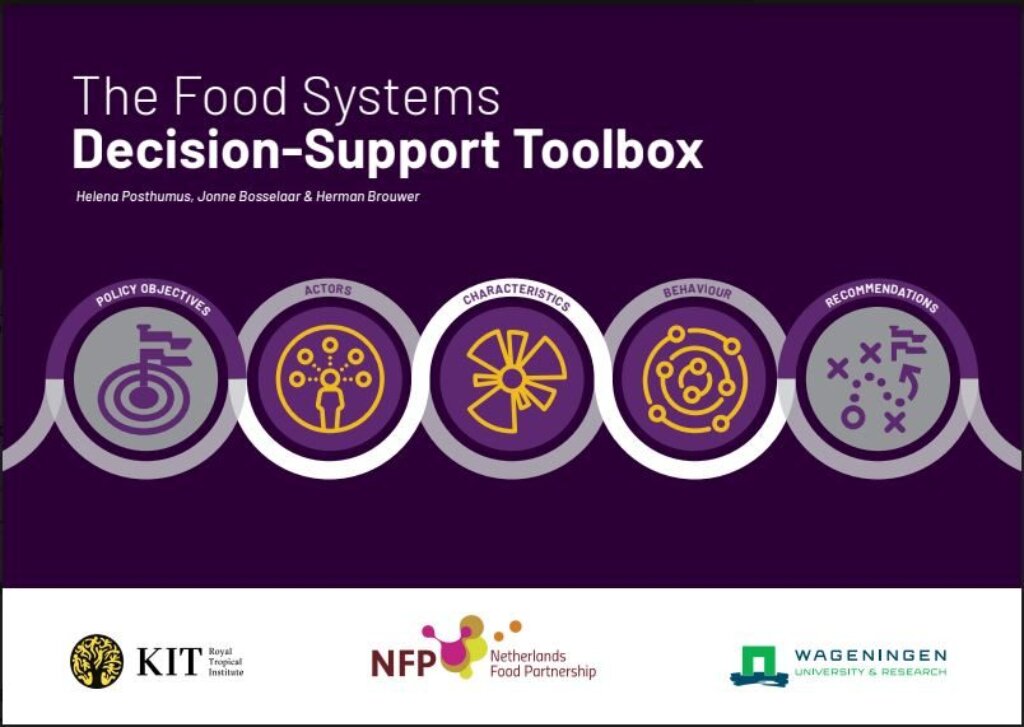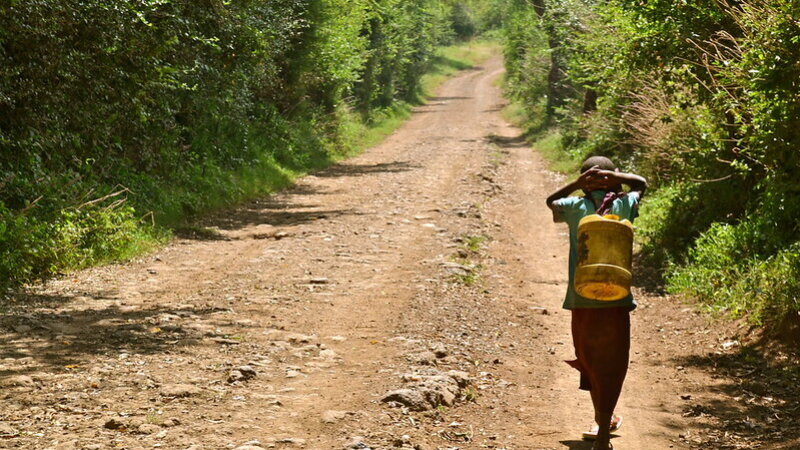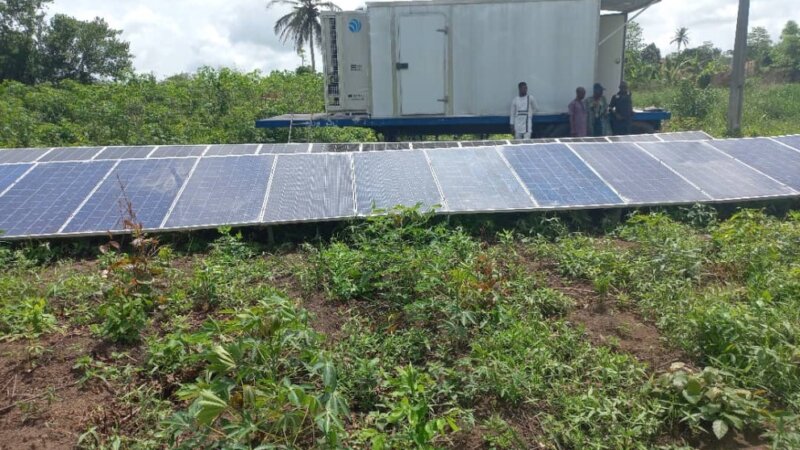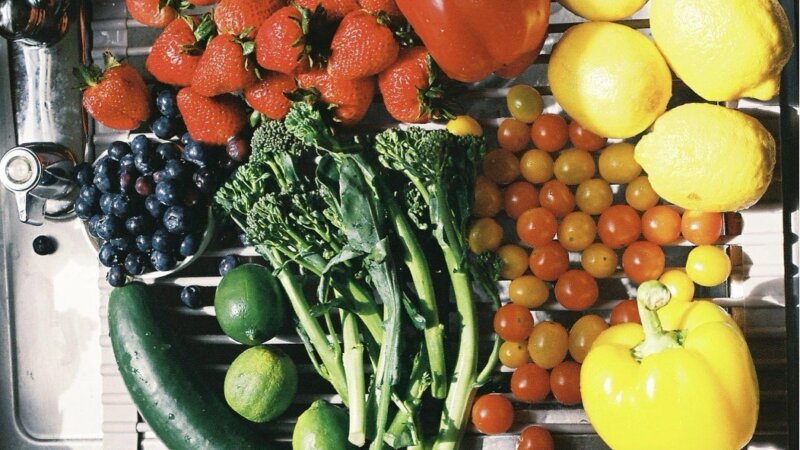E-course FST blog: inspired to train our green entrepreneurs
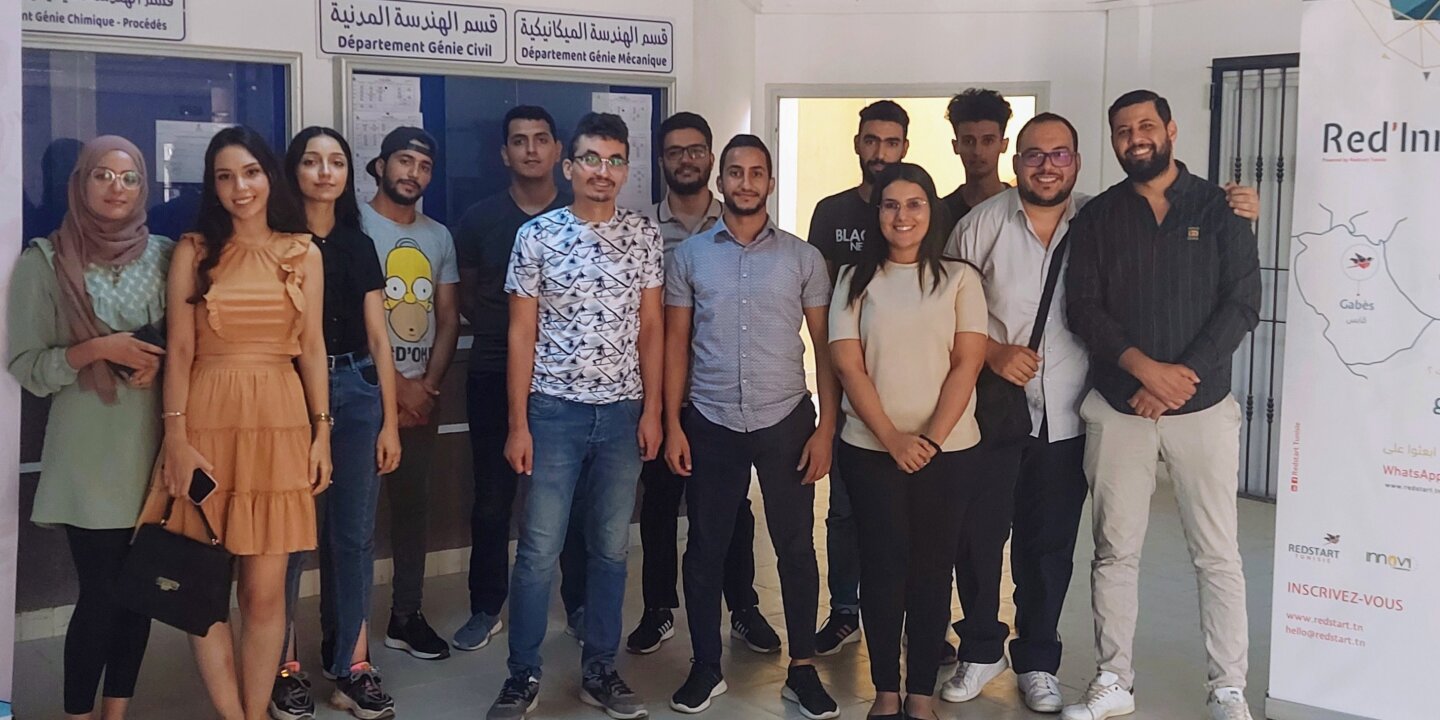
Redstart is an incubator and accelerator of innovative startups and SMEs in Tunisia. Wiem Haouari is Redstart's regional manager in Gabès, at the south east coast of Tunisia, where they organise training, advisory and coaching sessions for green entrepreneurs. In this blog, she explains how the e-course resources on food systems inspire her work.
My country Tunisia is working on decentralization, but it remains a challenge to get experts from the capital to come down to help us here in Gabès. So, our strategy is to work with local staff that are passionate and available to guide our clients. Also, we have to train ourselves to keep up to date with new insights and developments, so this e-course was very much appreciated. Sharing knowledge has always been the source for a wealthy, healthy and peaceful planet. Interacting with the lecturers from Wageningen University , a pioneer institution in agriculture was one of the fulfilling and motivating causes to follow this course
In our work, we deal with digital startups and green startups, the latter have propositions in the circular economy that are environmentally friendly. In our selection process for these start-ups, we used to look at how ideas contribute to the SDGs. My key take-away is that the food system framework is a better fit with our activities.
The food systems approach includes an analysis of the relationships between the different elements, the activities, and the outcomes in terms of food security, socio-economics and environment. So, what I did in my next interview with a green entrepreneur, I asked questions to find out what drivers have an influence on his business idea. My focus is beyond the innovation, we also discuss the partners and the environmental impact. This approach may also guide our support plan and how we measure results. We should include the food system approach also in our training sessions, we explain the different actors and parts of the food system and its outcomes. Here, the toolbox will be very helpful for our work. Imagine how we can use these tools to guide and inspire our green entrepreneurs during training and coaching.
Systems thinking broadens the perspective when seeking solutions for the root causes of poverty, malnutrition and climate change. We seek to translate these big ideas into practical work with entrepreneurs. I believe in them as changemakers that influence decisions and policy set by the government. I can’t wait to apply food system thinking to these future green entrepreneurs. Having scientific tools and documents is the best way for an efficient change. From the toolbox, my personal favorites are the tools to define actors and sphere of influence. As I occasionally engage with local partners, my second-best favorites are the system behavior tool that can help evaluate the enrollment and outputs.
Author

Wiem Haouari
E-course FST 2023 participant
